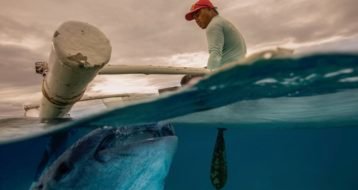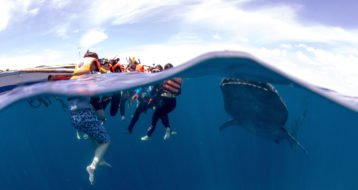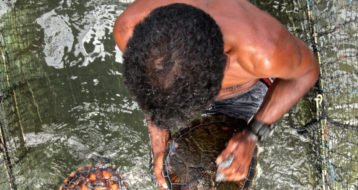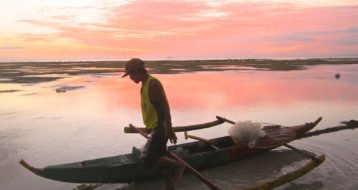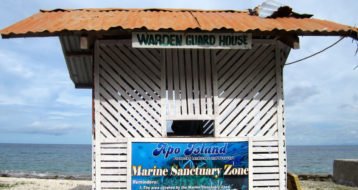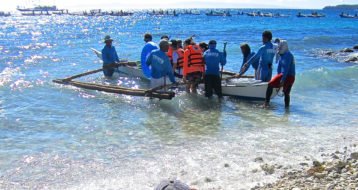research
Marine protected area managers, academics and governments all over the tropics cite dive tourism for its capacity to conserve coral reefs and provide livelihoods for local fishers. It is not know however, if dive tourism was capable of doing these things. The scientific literature is full of research on the negative effects of dive tourism on coral reefs and the livelihoods of local fishers and communities. There was no research however, on what dive tourism is doing to conserve coral reef resources and provide livelihoods for local fishers and communities.
To better understand the impact of dive tourism on coral reefs and livelihoods for fishers, the research of the dive tourist set out to investigate whether dive operators recognise the traditional marine tenure of local fishers and communities (where it exists), what they do now to conserve coral reefs and provide livelihoods and whether providing livelihoods has any effect on reducing destructive fishing.
This research uses the widely accepted model for the conservation of coral reefs and inshore areas in the tropics, called integrated coastal management, to investigate;
• what dive tourism operators around the tropics are doing now to conserve coral reef resources,
• whether dive tourism operators recognise traditional marine tenure,
• whether dive tourism operators provide livelihoods to local fishers and communities, and
• whether providing livelihoods has any effect on reducing destructive fishing around dive sites.
Results provide fresh insight into the issues of die tourism’s role in conserving coral reef resources, providing livelihoods for local fishers and reducing destructive fishing around dive sites.



